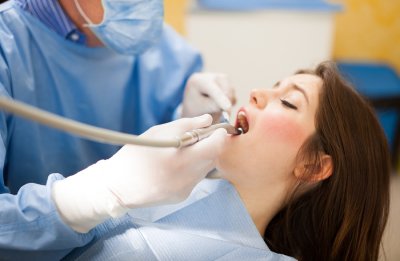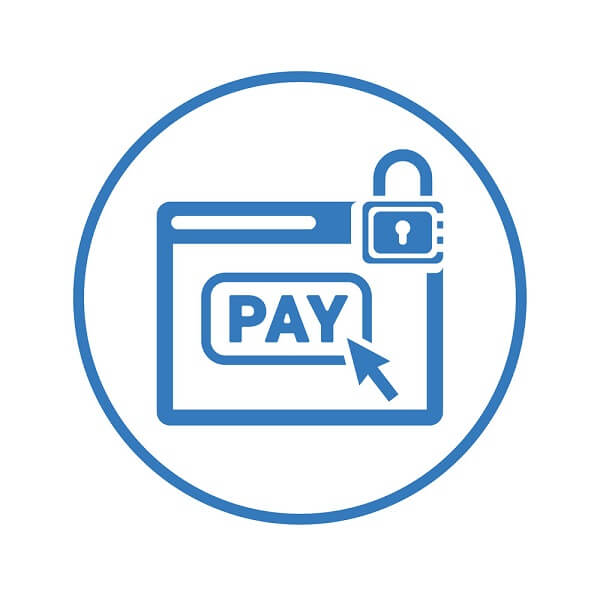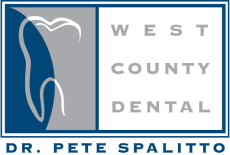Oral surgery can be used to resolve a wide range of dental health problems, from impacted canines to oral cancer. Before your procedure, your St. Louis oral surgeon will review the details of the procedure with you and help you prepare for surgery and recovery. As your oral surgery date approaches, here is an overview of what you can expect.

Preparation
Depending on your type of surgery, your dentist may ask you to have some medical testing done to ensure you don’t have any health problems that could interfere with healing. He or she may also work with your primary care doctor to alter your medication schedule for the days leading up to surgery. On the night before your procedure, be sure to follow your dentist’s prep instructions very closely, especially in terms of fasting. If you make a mistake with your preparation instructions, tell your dentist right away, as your procedure may need to be rescheduled.
Procedure
Your dentist will start by giving you anesthesia. You may receive a local anesthetic with a sedative or general anesthesia, depending on the nature of your procedure. Oral surgery lengths vary depending on the case. After recovering from your anesthesia, you will need someone to drive you home.
Recovery
After your surgery, take your pain medications and antibiotics as prescribed by your dentist. You will need to stick to a soft food diet for a few days. Talk to your dentist about when it is safe to incorporate hard or sticky foods back into your eating plan. It’s essential that you avoid smoking while recovering, as the sucking motion can damage the surgical site. Your dentist will tell you when you can resume your normal activities. Expect full healing to take two weeks to a month, depending on your type of surgery.


